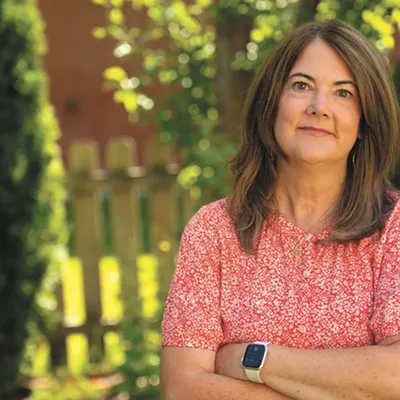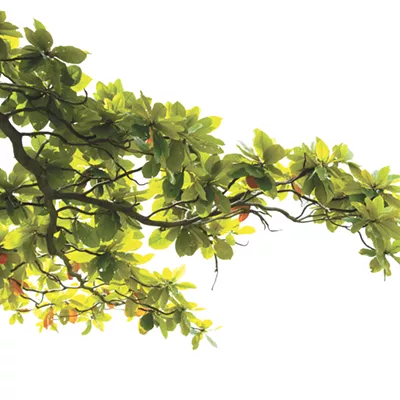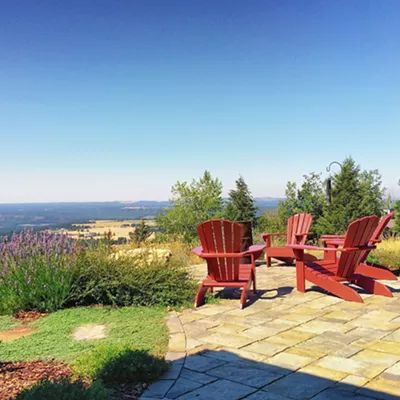
In July 2008, when a pack of wolves with pups was observed in north central Washington, it was the first time breeding wolves had been documented in the state since the 1930s. Their return sparked controversy, with ranchers concerned over the potential loss of livestock, while others cheered the return of the majestic predator.
As an environment and outdoors reporter at the Spokesman-Review, Eli Francovich wrote numerous stories about the wolves' return. "It was super complicated, both ecologically and scientifically," he says, "but also politically... I always felt I was missing something." Then he met Daniel Curry, a range rider.
In Francovich's new book, THE RETURN OF WOLVES, he accompanies Curry, who has quite a compelling biography of his own, into the wilderness. Curry works as a sort of modern-day shepherd, using his very presence and wolves' innate aversion to being near humans in an effort to safeguard the lives of both wolves and cattle.
Their horseback journey in the backcountry provides a perfect backdrop for Francovich to explore not only the fascinating evolution and biology of wolves, but also their millenia-long relationship with humans. "They are beautiful creatures but they're fierce," he says. "They're wild. They have their own will and desires and they're going to do what they want to do."
Through compelling descriptions of adventures in the wild — tracking wolves in the snow, a tension-filled encounter with a wolfpack, a CSI-worthy post-mortem on a deer carcass — Francovich deftly explores the return of wolves from multiple perspectives.
Paradoxically, as humans have retreated to cities, predators like wolves and cougars are venturing back into less-populated rural areas. While city-dwellers, safe in their fenced yards, may be charmed by the resurgence of a "natural world" that remains reassuringly far away, those now on the front-lines, including ranchers and hunters, are experiencing a much different reality.
And so, the wolves' story also takes shape as a metaphor for the larger cultural divide facing us. As Francovich writes, "How can we learn to live with wolves and by extension, learn to live with one another?"
Eli Francovich will discuss his research into wolves, answer questions and sign books at Wishing Tree Books Sat, May 13 at 4 pm. wishingtreebookstore.com/events
























